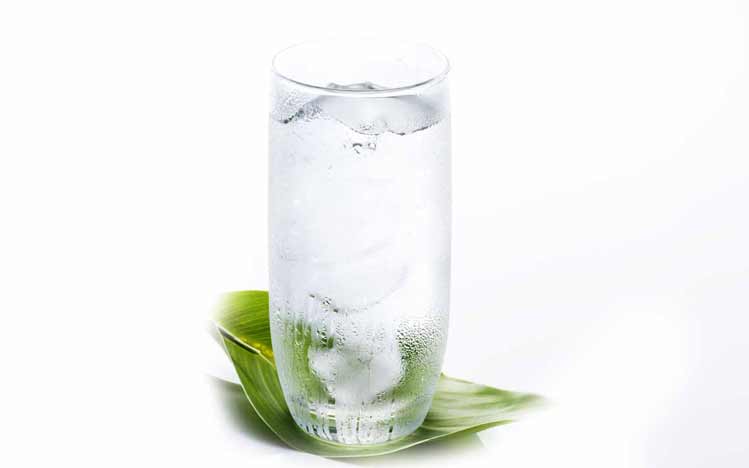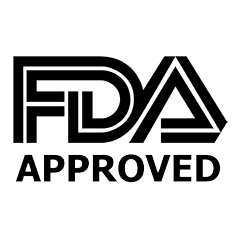Catie's Blog
Get the facts on CHLORINE in our water
Chlorine is the primary disinfectant used to purify drinking water. Let me make it absolutely clear that I am not advocating eliminating chlorine from the purification process. That would make no sense, because chlorination controls many water-borne diseases, including typhoid fever, cholera, and dysentery. However, it should be understood that:
- Chlorine is one of the most toxic substances known. It does everything from drying your skin and destroying your hair to wiping out the beneficial bacteria in your colon.
- The byproducts of chlorination (such as chloroform, trihalomethane, dichloro-acedic acid, and MX), which are found in drinking water, are all proven carcinogens.
- According to the U.S. Council on Environmental Quality, the cancer risk among people drinking chlorinated water is 93 percent higher than among those whose water does not contain chlorine. There is a higher incidence of cancer of the esophagus, rectum, breast, and larynx and a higher incidence of Hodgkin’s disease among those drinking chlorinated water. A January 2007 study in the American Journal of Epidemiology found that people who drank chlorinated water were at 35 percent greater risk of bladder cancer than those who didn’t, and those who spent time in swimming pools, showers, and baths boosted their bladder cancer risk by 57 percent.
- Chlorine has been strongly implicated as a major factor in the onset of atherosclerosis and its resulting heart attacks and strokes.
- As we discussed earlier, chlorine in your drinking water devastates beneficial bacteria in the intestinal tract, leading to a state of dysbiosis and a severely compromised immune system.
- By the same mechanisms that chlorine narrows blood vessels that feed the heart, it also narrows the blood vessels that feed the brain. Consequently chlorine has been implicated as a major factor in the onset of senility.
There’s no question that the use of chlorine in drinking water has helped stop the spread of many virulent water-borne diseases. On the other hand, there’s also no question that chlorine in our drinking water presents serious long-term health implications. The bottom line on chlorine is that it needs to remain part of the water purification process for now, but you need to remove it from your water once it reaches your house before you drink it or bathe in it.
(source-Jon Barron Daily Dose)




